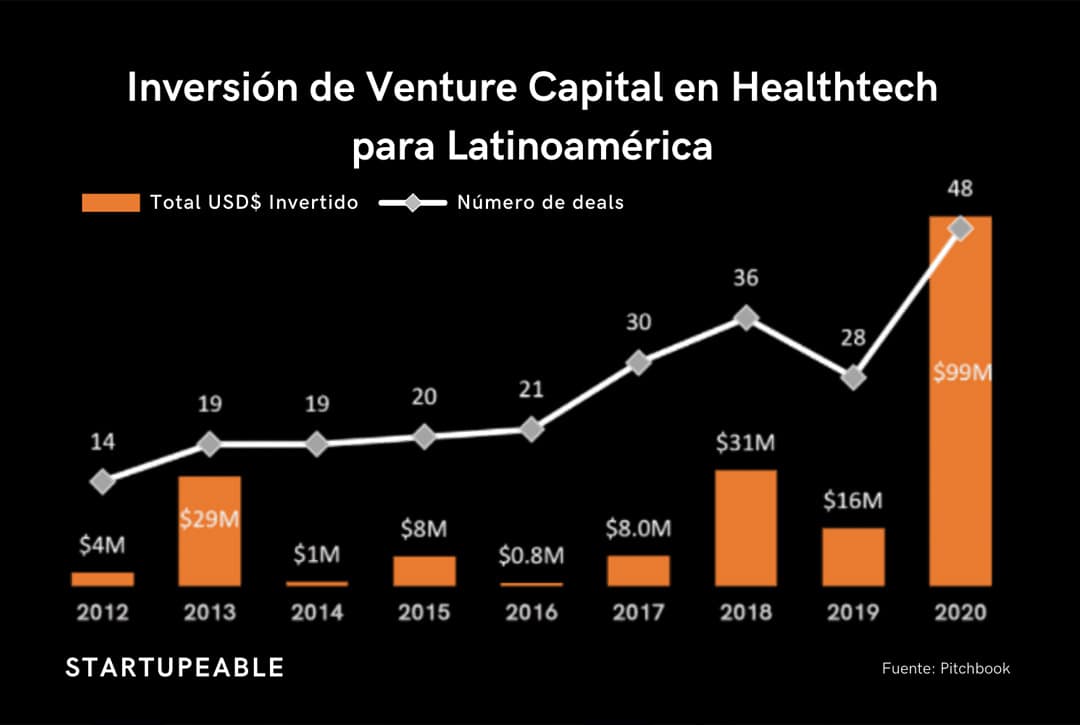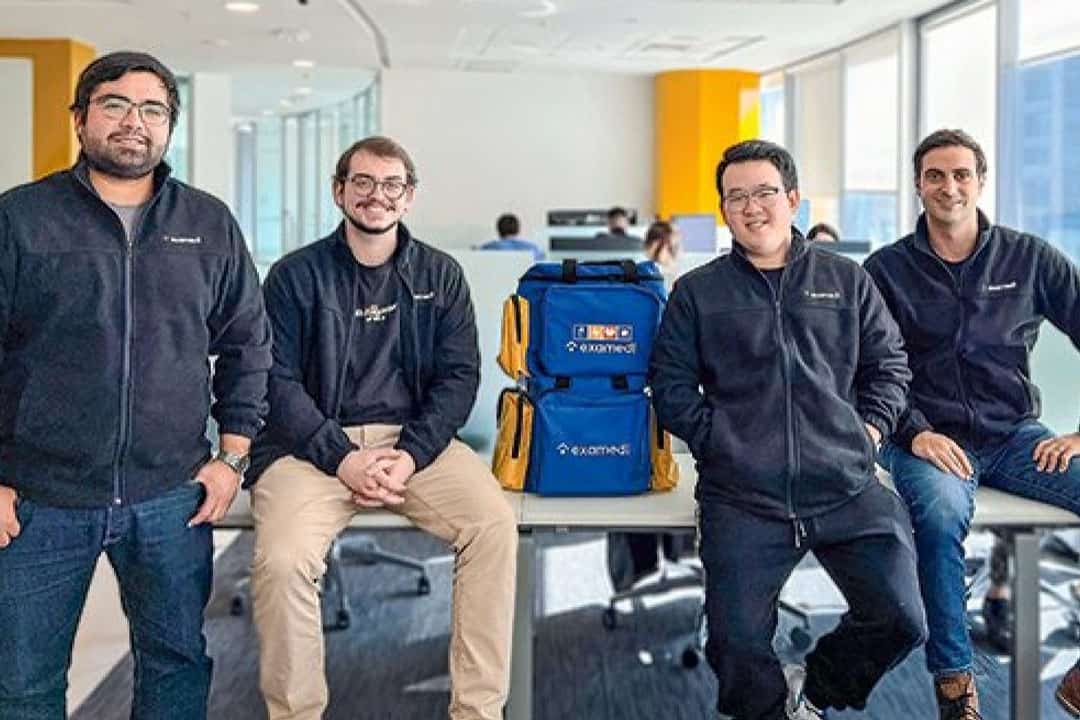In recent years, Chilean healthtech Examedi has emerged as a critical player in the health sector, especially during the pandemic. Initially, Examedi focused on offering at-home PCR tests, an innovation directly dependent on the COVID-19 context. Despite challenges, Examedi secured a significant USD $17 million in its Series A funding, allowing it to diversify and expand its health services.
The company, founded by Chileans Andrés Kemeny, Ian Lee, and Juan Pablo Zepeda Nuñez, has evolved to integrate various new services. These include telemedicine, kinesiology, therapeutic massages, nutrition, and mental health. Lee highlighted these developments during a Startups Latam Week Santiago event talk.
Examedi’s vision has undergone significant change from its beginnings. Initially conceived as a bridge between nurses and patients, the company now focuses on reducing friction in the health system and developing services that improve people’s well-being.
One of Examedi’s most innovative initiatives is the integration of Artificial Intelligence (AI) into its operations. The company is experimenting with GPT-4, an advanced language model developed by OpenAI. This model provides test results with personalized recommendations that users can implement daily to improve their well-being.
The company aims to offer added value to patients, starting with creating an “AI doctor” who can interpret medical results and provide understandable and applicable recommendations. The idea is to simplify medical information, making it accessible to everyone, regardless of their health knowledge.
“We are focusing a lot on adding more value to the patient. We will start by creating an AI doctor who knows your medical results and gives you recommendations; the idea is to explain as if you were five years old, whether it’s about improving your diet, what you should do, etc.,” explained Ian Lee.
Examedi’s mission goes beyond being a part of the private or public health system. Lee envisions Examedi as a future leader in the health sector, a comprehensive service that will meet the population’s health needs in the next decade. This long-term approach requires continuous adjustment and constant evolution of the product to reach the desired maturity and effectiveness in the market.

In a broader context of healthtech in LatAm, a recent report from the Inter-American Development Bank (IDB) projects that the digital health sector in Latin America could be worth up to USD$20 billion by 2024. This figure underscores investor interest in health startups in the region. In fact, according to data published by Pitchbook, venture capital investment in this area reached USD $48 million in 2020.

